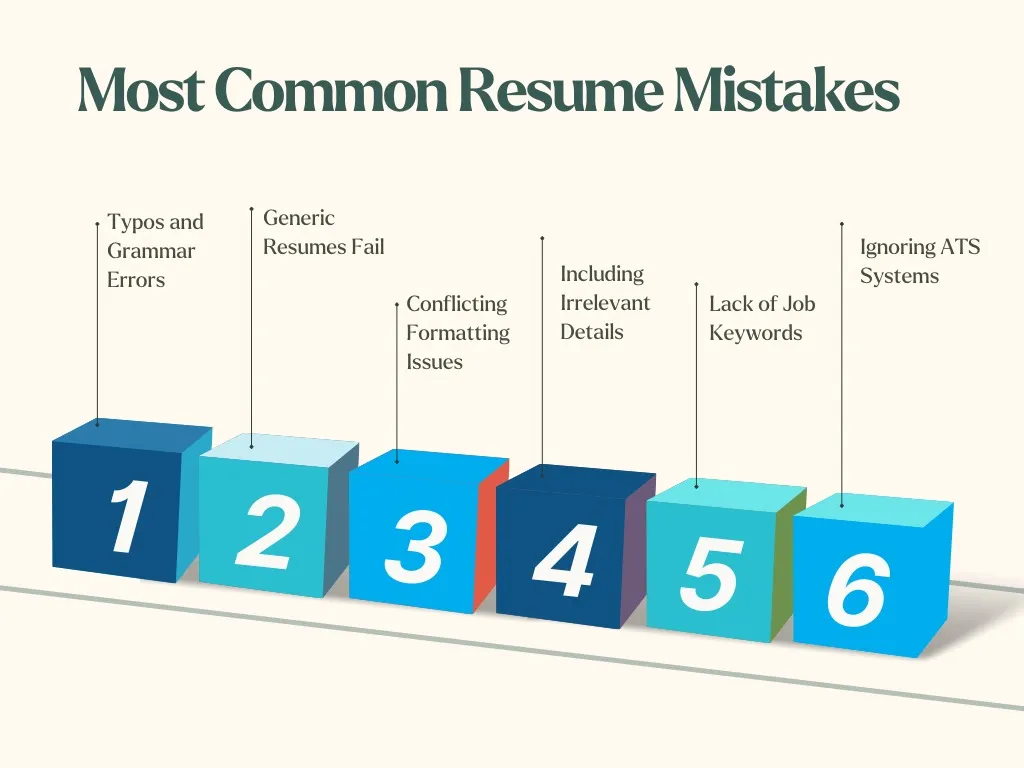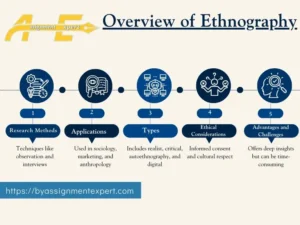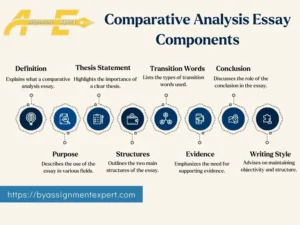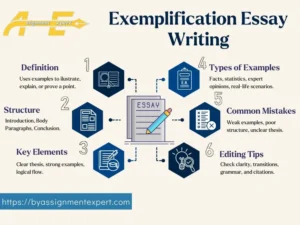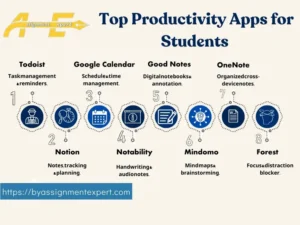Having a resume is very important in any employment search procedure. It is often the first time the employer gets a glimpse of you. In most situations, this resume decides whether you will proceed to the next stages. However, candidates make some mistakes that may negatively affect the interview call.
In this blog, we will look at the mistakes that are major in resume creation. We also look at how to avoid mistakes when writing a resume and what makes a CV look unprofessional. Employing these ideas is likely to get professional resume results than the others who also attempted to apply for the same job.
What Are Common Resume Mistakes?
Writing a resume is always a challenge, especially when you are unsure about what to put in the document or skip. Below are some of the most common resume mistakes job seekers make:
Typos and Grammatical Errors
A clear way of reducing your chances of being called for an interview is submitting a resume with typing mistakes, poor grammar or even poor punctuation. Employers can apply a rule that they can discard the application of any candidate whose resume has an error or two. This means that sometimes, you can be very qualified, but you can end up looking very careless due to carelessness.
Using a Generic Resume
Most job seekers manage to send the same resume to multiple employers, hoping it will do the trick for many jobs. This approach usually fails because each position is different. The skills and experiences necessary for one are far from the same for another. A resume not tailored to a specific job will not stand out and may not make your chance to be professional and valuable.
Conflicting Formatting
A conflicting format for presenting the resume could be a very disturbing influence and make the document appear worthless. Typical mistakes in formatting are when several fonts are used, and bulletins are irregular or have sections that are improperly spaced. The increase in these errors affects the readers when they read your resume, and they lower your chances of getting hired.
Including Irrelevant Information
Many people make the general mistake of listing all the positions they held throughout their careers in their resume. I’m afraid that’s not right. The management of irrelevant content like hobbies, old job experience or personal information makes the resume busy and less appealing to the employer.
Lack of Keywords
Currently, many companies employ the use of an Applicant Tracking System (ATS) to filter out their candidates’ resumes. In these systems, resumes are searched for some words related to the job description. Lack of relevant keywords in the application resume means that your resume never gets to the eyes of a real human recruiter.
How to Avoid General Resume Mistakes?
Here are some tips on how to avoid general resume mistakes
- Proofreading is crucial. Check your resume several times before submission and run it through sites like Grammarly or Microsoft Word under spelling and grammar.
- While applying for a job ensure that you read the requirements of the job carefully and ensure that your resume responds effectively to the requirements. For instance, if you are submitting the CV for an Economic job, you should highlight project planning, economic analysis.
- Select simple, non-scripted fonts such as Arial, Times New Roman, or Calibri, and ensure that you use a font size between 10 and 12 points. Check that your section and section sub-titles and bullet points are consistent and appropriate in the document.
- Select the sections on experience and skills that are most related to the position you want. You should present your resume in a way that only the relevant skills are easily noticeable when the employer is searching for a particular position.
- Go through the job description several times and try to find out all the keywords that have an appearance concerning the skills, qualifications and experiences. Where they fit into your resume, use these keywords.
- Do not produce a resume where its contents read like the following: ‘training, development. This is known as keyword stuffing. Avoid these types of keywords.
What are Mistakes Which Make a CV Unprofessional?
A professional CV or resume is especially essential in today’s wild job competition. It appears that employers go for candidates who not only have the right qualifications but also present themselves in a polished, professional manner. Here are some factors that can make your CV look unprofessional:
Overly Complex Design
Some people use the different strategy of trying to make their resume very colorful and unique through use of special fonts. They do not have any idea that it will harm them instead. Most of the recruiters avoid complexity because they would like to be able to access the information they need as soon as possible. The layout must be simple to avoid complexity. Complex designs can complicate resume simplicity to read.
Lack of Contact Information
Many applicants forget to include their full contact information on their resume. Without clear means of getting in touch with you, recruiters may just go ahead to the next candidate in line.
Too Much Personal Information
A resume should focus on your professional profile. Using irrelevant information, such as marital status, age, religion, or political affiliation, may distract from qualifications and even create legal problems for you in some parts of the world.
Not Showcasing Achievements
For some candidates, a CV is just a list of job responsibilities without any mention of achievements. It is not enough to write what your duties were. Companies want to learn how you influenced operations.
How to Avoid CV Designing Mistakes: Practical Tips to Follow
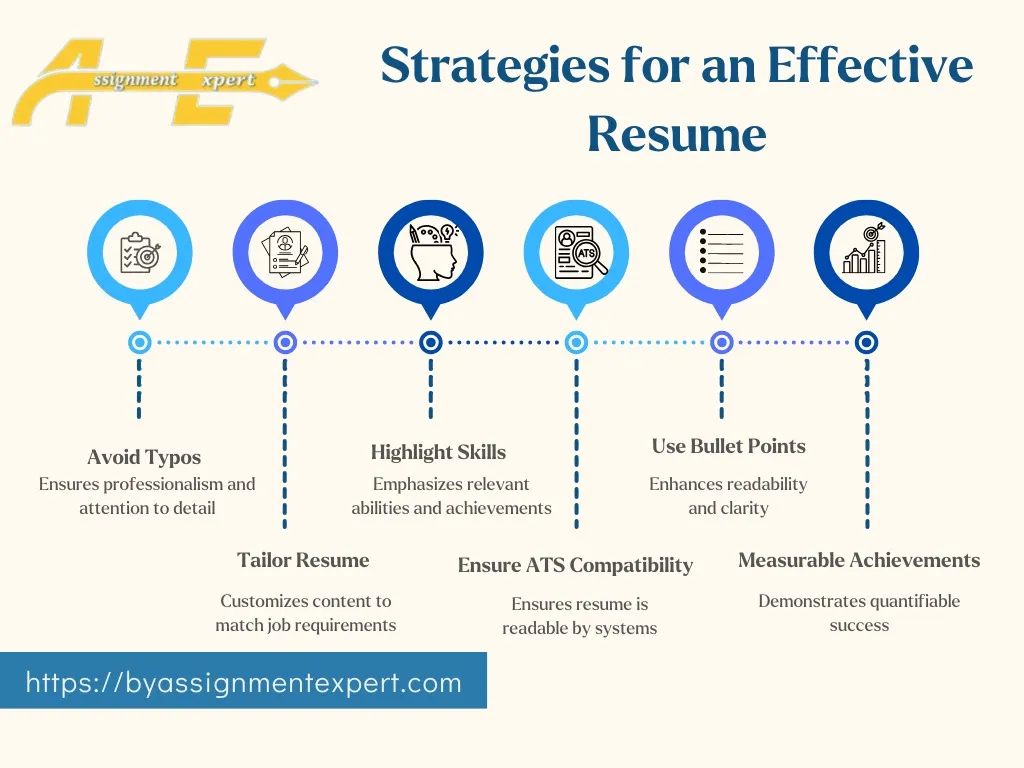
- It is best to avoid complicated styles and extremely complicated or waste forms and figures. Provide the text in a clear and proficient style.
- Try not to use so many fonts. Use one or two at most, and the design of the page should be relatively clean, with plenty of subheadings. It’s better to pay less attention to the appearance of your resume and more to the content.
- Ensure that your phone number, email address and LinkedIn link are well captured at the header section of your resume.
- Do not include an irrelevant contact information format, for example, a fax number which will deem your CV as out of date.
- Do not bore people with long details. Details like your date of birth or marital status are not required and will only make your CV look unprofessional.
- Make that achievement placed rather than focusing on only arranging responsibilities. For example, if you are in History then you might decide to include how you “undertook archival research that aided in preparation of a published article.”
- Measurable outcomes are much better than unclear accounts of tasks performed.
Critical Resume Errors to Avoid
Optimize for ATS (Applicant Tracking System)
Resume analysis is common among ATS. Recruiters use this to sort resumes before they get to the organization. Many of them do not accept resumes that contain graphics or images in the format and use fancy designs. Your resume may not get to the next level if it has not been formatted to suit the ATS system.
Clear Objective or Summary
Many resumes are overlooked because there is no apparent clear and powerful objective or summary. This section allows hiring managers to see your goals and qualifications for employment instantly. Without it, the recruiters will not easily get your point across, especially when changing fields or applying to a highly technical position.
Employ Bullet Points for Easy Scanning
Scanners typically scan your resume in just a few seconds to spot qualifications. Lots of text paragraphs can make it hard to notice significant information. Too few bullet points may make your successes and skills not stand out.
How to Avoid Scanning Mistakes in your Resume/CV?
- Do not use pictures, icons, and complex patterns.
- Structure your resume using bulletproof titles like “Employment History” or “Education”.
- At the beginning of a resume, write a summary statement, which is a synopsis of your experience and skills.
- Adjust the objective to a corresponding job position and demonstrate how you fit into that position.
- Do not use old or overused phrases such as ‘’looking for an opportunity to grow professionally.
- List and organize job experiences and abilities in bullet points under each job Applied For.
- When listing responsibilities, begin each bullet/point with an action word, including developed and increased.
- The bullet points should not go over one or two lines at most as they should contain only relevant information.
- Use specific and achievable goals.
- List the bullet points by importance, with the greatest impact coming first.
By solving these problems and implementing the given recommendations, your resume will be more professional. It became easy for job officers to read and will increase the chances of finding opportunities for you.
Final Words
This blog is very helpful for students who are seeking to develop professional and effective resumes. It includes such oversights that everyone can easily overlook. It offers practical aspects on how to make your CV/resume stand out in employment competitions. The guidelines make it easier for students to get interviews and achieve their dreams of careers in the future. We offer students guidance with examples, and professional input to help them achieve their job-hunting goals accordingly.
Frequently Asked Questions
How long should my resume be?
Your resume length depends on your level of experience. For most people, with fewer than 10 years of professional background, a one-page resume is enough. However, if you have much experience to note or if you are applying for a senior position, it is recommended to write two pages of the resume. But do not overdo it or include any unrelated information on the topic.
Should there be a photo in the resume?
Don’t attach a picture to your resume unless the job requires it (such as acting or modelling). In many places, the practice opens bias. In some countries, employers do not accept any photos at all on application documents, the reason being legal concerns over discrimination.
Are volunteer experiences allowed on the resume?
Indeed, it is wise to list volunteer work as one of the activities you have been involved in through adding skills. It may well be particularly helpful if you are at an early career stage or if the volunteers’ work is related to the available position. When completing a volunteer position, make sure to act just as you would when applying for a paid position.
Should I use a resume objective or a summary statement?
If you are starting your career or switching careers, you need to have an objective for your resume. However, for most working professionals, a summary statement works better. An overview briefly presents the main assets, skills, and experience aimed at providing the reader with the main principle of further work.
How many years should I look back into my job history?
Typically, it’s most important to highlight the last 10-15 years of experience you’ve had. Previous work can be less significant and, as a rule, makes a great mess on a resume. However, if there’s something particularly relevant in that older experience to the position for which you are applying, then mention it or create a “Previous Experience” section for older roles.


